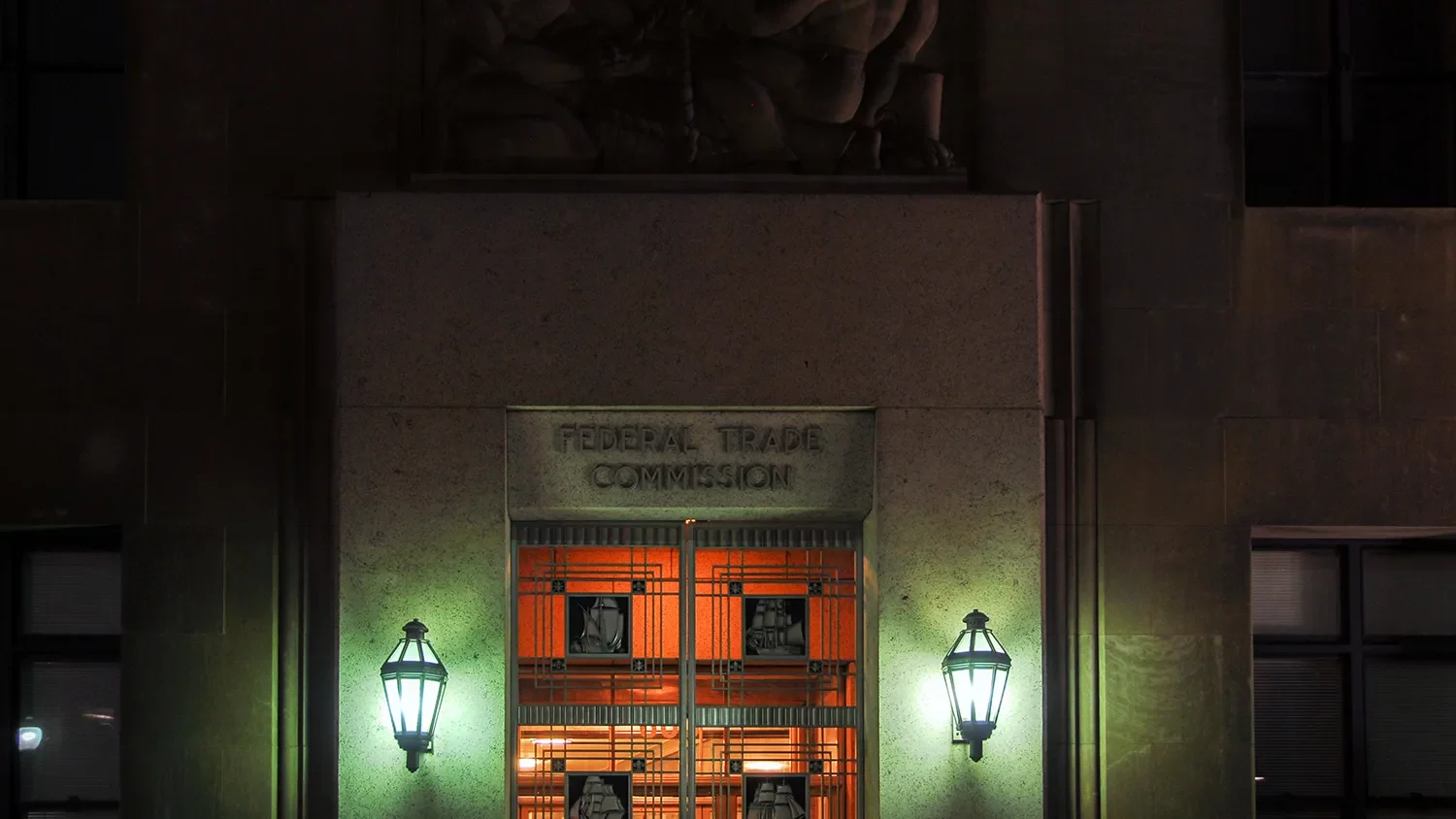Global Competition, Global Capital: Skyscanner Finds a Profitable Niche
Are you amongst the ten million travellers who use Skyscanner to find cheap flights and to book tickets every month? If you are, you are in good company and have helped to drive the rapid growth of the company from less than 1m GBP in annual revenues in 2007 to more than 100m GBP in 2015. That is earned by helping to drive airline bookings worth more than 10bn GBP per annum.
Skyscanner’s focus on being the best in its own ‘vertical’ has taken it from a small Edinburgh startup to a team of 770 employees, with scale and accelerating growth. To those that doubt the viability of European technology companies this is an impressive rebuke.
It is also a reminder of the global nature of ownership, investment, innovation and talent and the need to address a large scale global market.
Skyscanner is headquartered in Edinburgh, but has operations around the world from Beijing to Budapest. A privately held company, its ownership includes the famous Silicon Valley venture capital fund Sequoia, a key backer of other successful technology firms such as Airbnb, Apple, Dropbox, PayPal, Google, Yahoo and many more.
Skyscanner’s original ideas have been complemented by capital, expertise and talent from around the world, allowing it to crack international markets, achieving a valuation of more than one billion pounds.
Recent data about U.S. venture capital investment into European small firms shows a positive trend, but also a worrying story. The 2.6 billion Euros invested in the last quarter is far higher than the average from 2009 to 2014, but down on the same quarter in 2015. Brexit uncertainty may be one of the reasons. Two-thirds of all VC investments in Europe involve U.S. participation.
Skyscanner’s success also addresses an oft asked rhetorical question: “how can anyone possibly compete with X, Y or Z established Internet company?” It is clear that focussing on and exploiting the travel niche has been Skyscanner’s answer. It is one of a host of ‘vertical search engines’ that draws users to it as the best place to find information or a deal, think Booking.com for hotels, TripAdvisor for restaurant reviews and Zalando for fashion. As CCIA’s 2015 study into investment into ecommerce in the EU showed, investment into such ventures is booming, from 1bn in 2012 to 12bn in 2015. These facts all suggest that opportunity abounds.
So attractive is the Skyscanner business that rumours now abound about an IPO or a trade sale. In a highly competitive market continued success will depend on continuing heavy investment, access to capital and, perhaps most importantly, a talented workforce. Given the uncertainty the ‘Brexit’ referendum has created over the free movement of labour this could hamper the continued progress of such wealth creators.
Skyscanner’s success shows what focus, talent, capital and hard work can achieve. Such successes can be repeated across the EU, but only with the right business environment in place, and not by talking ourselves down or thinking we can’t compete. Compete we must.








